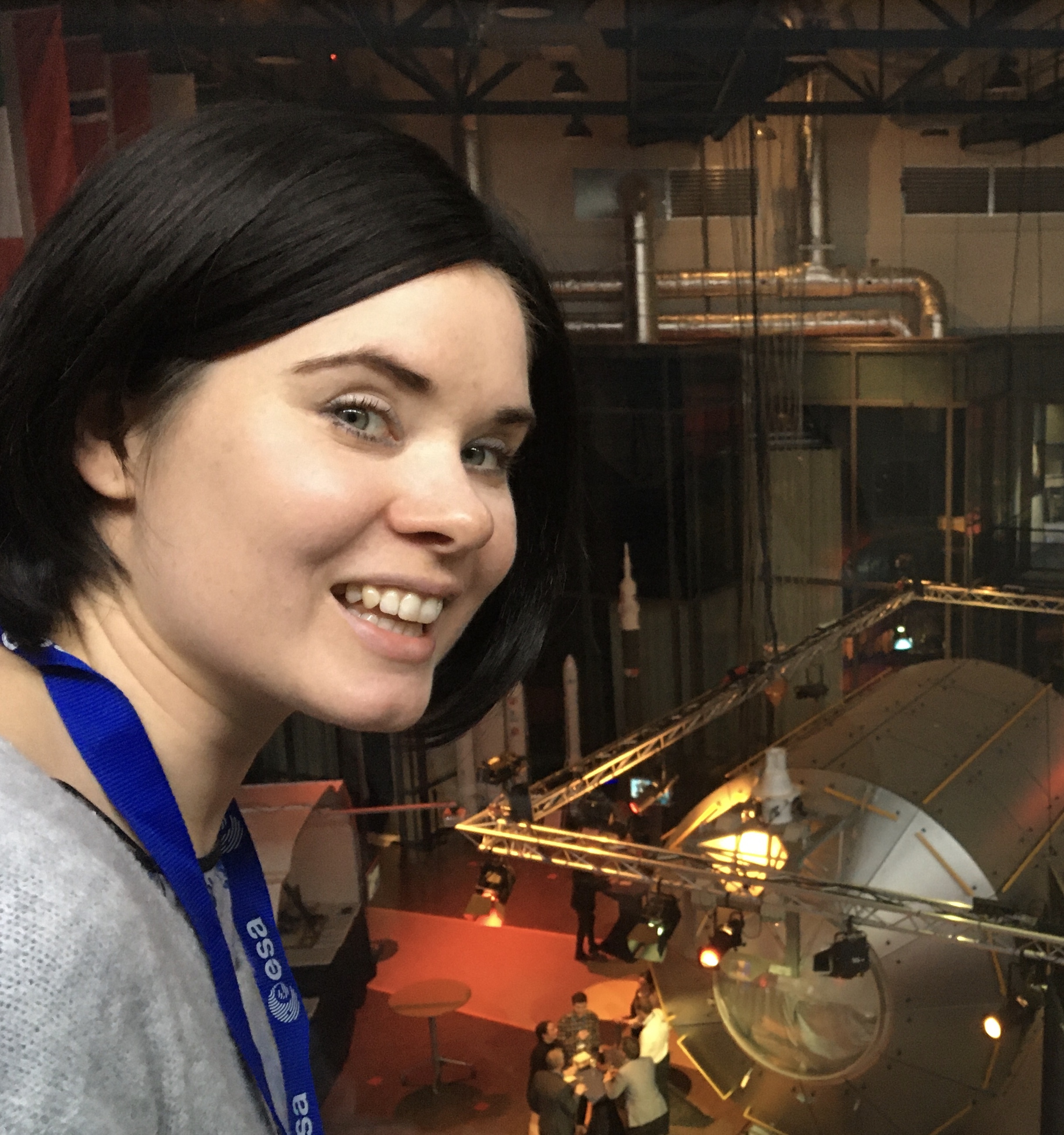Earth will warm beyond 'safe' threshold, but we may have time to cool it down
Humanity has to act fast if we want to make a real difference.

The world will definitely warm beyond the 2.7 degrees Fahrenheit (1.5 degrees Celsius) threshold set out by the climate science community in order to avoid the worst consequences of climate change. But the planet can cool back down if countries take speedy action to decarbonize their economies, a new study has found.
The goal of reducing the ongoing global temperature rise to below 1.5 degrees C was agreed upon at the United Nations Climate Change Conference in Paris in 2015. Every tenth of a degree above this limit will bring unpredictable consequences, increasing the severity of extreme weather events and climate fluctuations, researchers stress.
As things stand, there is no way of preventing the feared climate change threshold from being reached, concluded the new study, which is based on the analysis of 27 possible emission reductions scenarios. But all is not lost. Decisive action could help bring the temperature back below the limit, scientists believe, urging the global community to do all it can to reduce the period of time the planet spends in this temperature "overshoot."
Related: Climate change: Causes and effects
"Let’s face it, we are going to breach the 1.5 degrees [C] limit in the next couple of decades," Haewon McJeon, a scientist at the U.S. Department of Energy's Pacific Northwest National Laboratory and corresponding author of the new study, said in a statement. "That means we’ll go up to 1.6 or 1.7 degrees or above, and we'll need to bring it back down to 1.5. But how fast we can bring it down is key."
It could take years or even decades to bring temperatures back down, the analysis suggests, and every year the planet remains too warm will bring environmental destruction, including the loss of land due to sea level rise, devastating droughts and severe flooding. Delaying action for too long may lead to "irreversible" consequences," the researchers said.
"Moving fast means hitting net-zero pledges sooner, decarbonizing faster, and striking more ambitious emissions targets," Gokul Iyer, a scientist at the Joint Global Change Research Institute and lead author of the paper, said in the statement. "Every little bit helps, and you need a combination of all of it. But our results show that the most important thing is doing it early. Doing it now, really."
Breaking space news, the latest updates on rocket launches, skywatching events and more!
The scenarios assessed included the world meeting its zero carbon pledges by 2050, as recommended by the United Nations, but also a more ambitious development that would see more substantial emissions reductions by the end of this decade.
"The technologies that help us get to zero emissions include renewables, hydrogen, electric cars and so on. Of course those are important players," Iyer said. "Another important piece of the puzzle is the technologies that can remove carbon dioxide from the atmosphere, like direct air capture or nature-based solutions."
The scientists added that current emission reductions pledges are not enough to meet the net zero goal by 2050 as planned. Even if countries curb greenhouse gas emissions by 2030 in line with current commitments and continue reducing them at a rate of 2% per year after that, net zero will not be achieved before 2100.
The most ambitious of the feasible plans would see carbon emissions completely eliminated by 2057, but to achieve even that would require "rapid transformations throughout the global energy system" and the scaling up of "low-carbon technologies like renewables, nuclear energy, as well as carbon capture and storage," the scientists said.
The new study was published online in the journal Nature Climate Change on Thursday (Nov. 10). Its release comes as countries are negotiating at the 27th Conference of Parties to the United Nations Framework Convention on Climate Change (COP27) in the Egyptian coastal city of Sharm el-Sheikh. The summit hopes to help the world find a way forward, including agreeing on principles of transparency and accountability with respect to the emission reductions pledges.
COP27 takes place at the end of a year which has seen severe weather events all over the world reaching new extremes, which scientists say highlight the urgent need to take action against climate change. Europe experienced the driest summer in at least 500 years while unprecedented monsoon rains triggered the worst floods in Pakistan's history. In the U.S., Hurricane Ian was the deadliest to have hit Florida since 1935.
Follow Tereza Pultarova on Twitter @TerezaPultarova. Follow us on Twitter @Spacedotcom and on Facebook.

Tereza is a London-based science and technology journalist, aspiring fiction writer and amateur gymnast. She worked as a reporter at the Engineering and Technology magazine, freelanced for a range of publications including Live Science, Space.com, Professional Engineering, Via Satellite and Space News and served as a maternity cover science editor at the European Space Agency.
